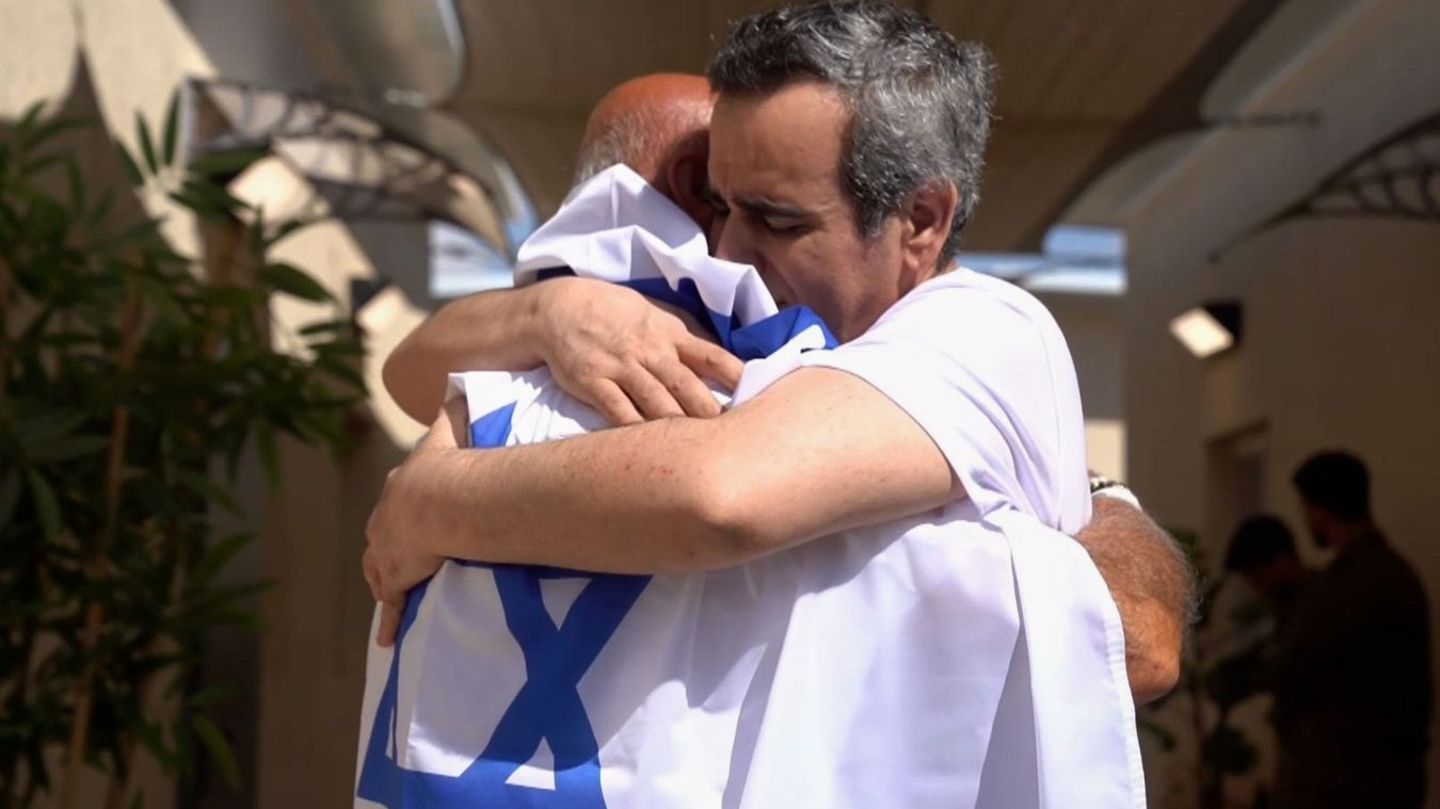The German Olympic Sports Confederation sets the course for the future at the Members’ Convention. Thomas Weikert remains President. An Olympic strategy has started. But it is not entirely harmonious.
It could have been a pre-Christmas day and a striking sign of the end of the crisis in the German Olympic Sports Confederation.
The almost unanimous re-election of DOSB President Thomas Weikert at the general meeting in Baden-Baden showed the desire for new unity. The decision to start an Olympic bid and the reform of top-class sport were bold signals for the future.
However, the spirit of optimism and harmony was disturbed by Martin Engelhardt, who did not want to forget the past and the affair surrounding ex-President Alfons Hörmann. “If we want a departure, also in terms of democracy, then we have to deal with what happened in the past,” warned the President of the German Triathlon Union, referring to the affair about Weikert’s predecessor Hörmann. A review commission could not prove any criminal misconduct. For Engelhardt, this is a legal, not a moral, acquittal: “We all know that the values of sport were not taken into account – to an alarming extent.”
700,000 euros for appraisers, breeders and lawyers
In an anonymous letter, Hörmann was accused of creating a “culture of fear” in the DOSB. In order to defend himself against this accusation and to unmask the author of the letter, he had spent 700,000 euros from the association’s fund for experts, consultants and lawyers. That was “unacceptable,” criticized Engelhardt, who was himself affected by Hörmann’s verbal outbursts and reported for the first time about “enemy lists”. “Material was collected about critics in order to discredit them. I say no respect for people who think differently.”
Hörmann’s successor Weikert showed understanding for Engelhardt’s anger, but confirmed that the educational work had been done “in sufficient form” and said to him: “You are a critical spirit, we like that. We don’t want to sweep anything under the table anymore.” In the Hörmann case, however, he could “simply do nothing more”.
In the first year in office, Weikert was also the addressee of an anonymous letter, which he handed over to the ethics committee before it was re-elected. The check revealed no objections to a candidacy. What he was accused of in the letter, however, he did not want to openly disclose “for reasons of private life”.
The delegates of the DOSB convention had little to complain about in terms of his performance so far and thanked the 61-year-old lawyer from Limburg in Hesse for his work with 434 of 438 possible yes votes. Verena Bentele, Kerstin Holze, Miriam Welte and Oliver Stegemann were confirmed as Vice Presidents. The CDU politician Jens-Peter Nettekoven is a new member of the management team.
Strategy process for possible Olympic bid
The start of a strategy process for the application for the Olympic and Paralympic Games was unanimously decided, which the DOSB takes over on its own and also finances with 960,000 euros. In 2023, a fundamental decision for an Olympic candidacy with the when, how and where is to be developed on the basis of a dialogue with the population. The use of only existing sports facilities is a core element. The citizens will then have the last word in a survey in 2024. Applications for the 2034 and 2038 Winter Games and those in the summer of 2036 and 2040 would be eligible.
The Federal Minister of the Interior, Nancy Faeser (SPD), who was unable to attend, had it announced in Baden-Baden that the federal government welcomed and supported the Olympic initiative. “We want to do it again, we’re in good spirits that we’re launching an application,” said Weikert. For him, the almost one million euros from the DOSB coffers is money well spent: “We believe that it is not a risk. The vote of the general meeting was clear.” The former table tennis world president expects the DOSB to also receive support from Chancellor Olaf Scholz (SPD): “I’m not sure.”
For him, the second major project of his term of office until 2026 is a reform of competitive sports, with which the decline in medals at Olympic level from 1992 in Barcelona (82) to Tokyo 2021 (37) should be stopped. After a major concept developed jointly by the Federal Ministry of the Interior and the DOSB, fine-tuning will take place next year. This restructuring could take hold after Weikert’s ideas at the 2028 Summer Games in Los Angeles.
Source: Stern
I have been working in the news industry for over 6 years, first as a reporter and now as an editor. I have covered politics extensively, and my work has appeared in major newspapers and online news outlets around the world. In addition to my writing, I also contribute regularly to 24 Hours World.




